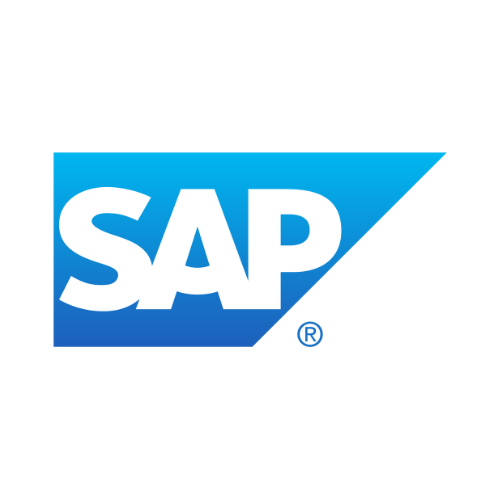March 7, 2023
Blog
How to avoid translation becoming a roadblock in clinical trial labeling
Bob Bowdish
Director of Clinical Trials Sales, North America
Share
The humble label has the potential to become a significant bottleneck in the clinical supply chain, causing costly delays. While at first glance a relatively simple source of information, clinical trial labels are actually the product of multiple data sources – all of which need to be carefully managed to ensure that the correct information is presented to patients in compliance with relevant regulations.
Multinational trials complicate matters further, introducing the need to create country-specific labels with translated content. Marshaling all this content and managing the various data sources is a major challenge when a trial needs to use multi-page booklets - a collection of single-panel labels.
Each constituent label needs to weave its way through the approvals process before it can go to print and as a result, 16-week lead times for clinical trial booklets are not uncommon.
To be blunt, this is no longer acceptable for many sponsors. Having seen that trials can be delivered at speed when circumstances require it, they no longer have the patience for lengthy delays caused by a single cog in the supply chain.
The underlying challenge of translations
All label content, whether text or image-based, needs to go through an approval process before being integrated into a clinical trial label. Among this is an array of mandatory information such as trial reference numbers and expiry dates, or critical regulatory phrases like “Keep out of the reach and sight of children”.
Clinical labeling teams often specify English Master Label Text (MLT) which then serves as the base template for country-specific labels. Translations of these ‘master level phrases’ need to be sourced before the localized labels can be approved and used, and this process can take a long time if an organization is relying on an external translation house.
The benefits of a GxP-compliant phrase library
A phrase library allows an organization to recycle pre-approved content, significantly cutting translation costs and allowing localized labels to be produced much more quickly. To be GxP-compliant, the phrase library must allow for ‘approved phrases’ and ‘sets of phrases’ to be stored independently of trial data, and if fully integrated into the labeling solution, it will also allow language experts to monitor the impact of potential changes to phrases across existing label assets.
Currently, many organizations rely on manual systems or phrase libraries that are not tightly integrated into a labeling workflow. These can be the source of several problems, including transposition errors, the use of inconsistent phrases that can confuse patients, and the challenge of avoiding subjective interpretations and preferences. Finally, and perhaps most importantly, the lack of a centralized electronic audit log can prove a nightmare in an audit scenario.
Streamlining the translation process with Loftware Prisym 360
Loftware Prisym 360 has allowed a clinical supplies specialist to achieve a 48-hour turnaround of clinical trial packs, helping them meet increasingly short deadlines for packaging jobs. The translation management functionality within the platform was one of the key reasons it was chosen, with the company identifying that the solution would help them accelerate the label production process while reducing their dependency on expensive external translation houses.
Designed specifically for clinical trials, Loftware Prisym 360 is an end-to-end labeling solution that allows users to build and maintain an integrated GxP-compliant phrase library. Creation of multi-page booklets is made simple, with the ability to quickly collate multiple single-panel labels into a booklet and generate ready-to-print artwork PDFs. This means the labeling process can be condensed into a matter of days, rather than months, with country-specific labels based on a master-level template, complete with translations, able to be generated at the push of a button.
Download our new report ‘Mastering the translation of clinical trial labels’ to learn more about how a clinical labeling solution can significantly reduce the amount of time it takes to create, approve, and print country-specific labels.
Alternatively, join our webinar on 14 March (10am ET/3pm GMT) as Bob Bowdish, Director of Clinical Trail Sales North America, Loftware, hosts a session investigating how sponsors and their outsourcing partners in clinical supplies can harness software automation and streamline workflows to avoid labeling becoming a supply chain bottleneck.
